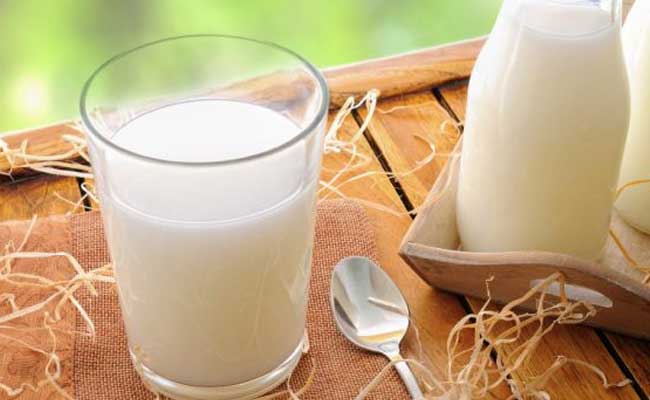Can milk be taken after consuming alcohol?
Q: Is it harmful to drink milk after taking alcohol at night?
A:
Alcohol prevents the breakdown of nutrients present in milk into usable molecules by decreasing secretion of digestive enzymes. Alcohol impairs the nutrients absorption by damaging the cells lining the stomach and intestines and disabling transport of some nutrients into the blood. In addition, nutritional deficiencies themselves may lead to further absorption problems. Even if nutrients in milk are digested and absorbed, alcohol can prevent them from being fully utilized by altering their transport, storage, and excretion.

Is it harmful to drink milk after taking alcohol at night?
Alcohol increases acid in the stomach. That can result in gastritis or stomach or intestinal ulcers. If you have a family history of diabetes you may be more vulnerable to problems with alcohol. Milk, on the other hand if taken at night after it is warmed and flavoured with a small amount of ginger root, it is very nourishing to the body and also calms the mind, leading to a good night's sleep. It could well be that the reason warm milk helps us sleep is due to the fact that it is a food rich in the amino acid L-tryptophan. L-tryptophan helps the body produce neurotransmitters such as serotonin. Neurotransmitters are chemical nerve messengers that tell our bodies to shut down at night; as well as helping us to be fully awake during the day. The milk, which is designed to be drunk warm as part of the bedtime routine can also be enjoyed during the day without causing drowsiness. Alcohol, on the other hand, disrupts sleep. Though a few drinks may make it easier to fall asleep initially, you may often wake up just a few hours into your sleep cycle. Sleep will then be intermittent for the remainder of the night. It would be better not to combine milk and alcohol.
Read: Side effects of mixing alcohol with painkillers

















